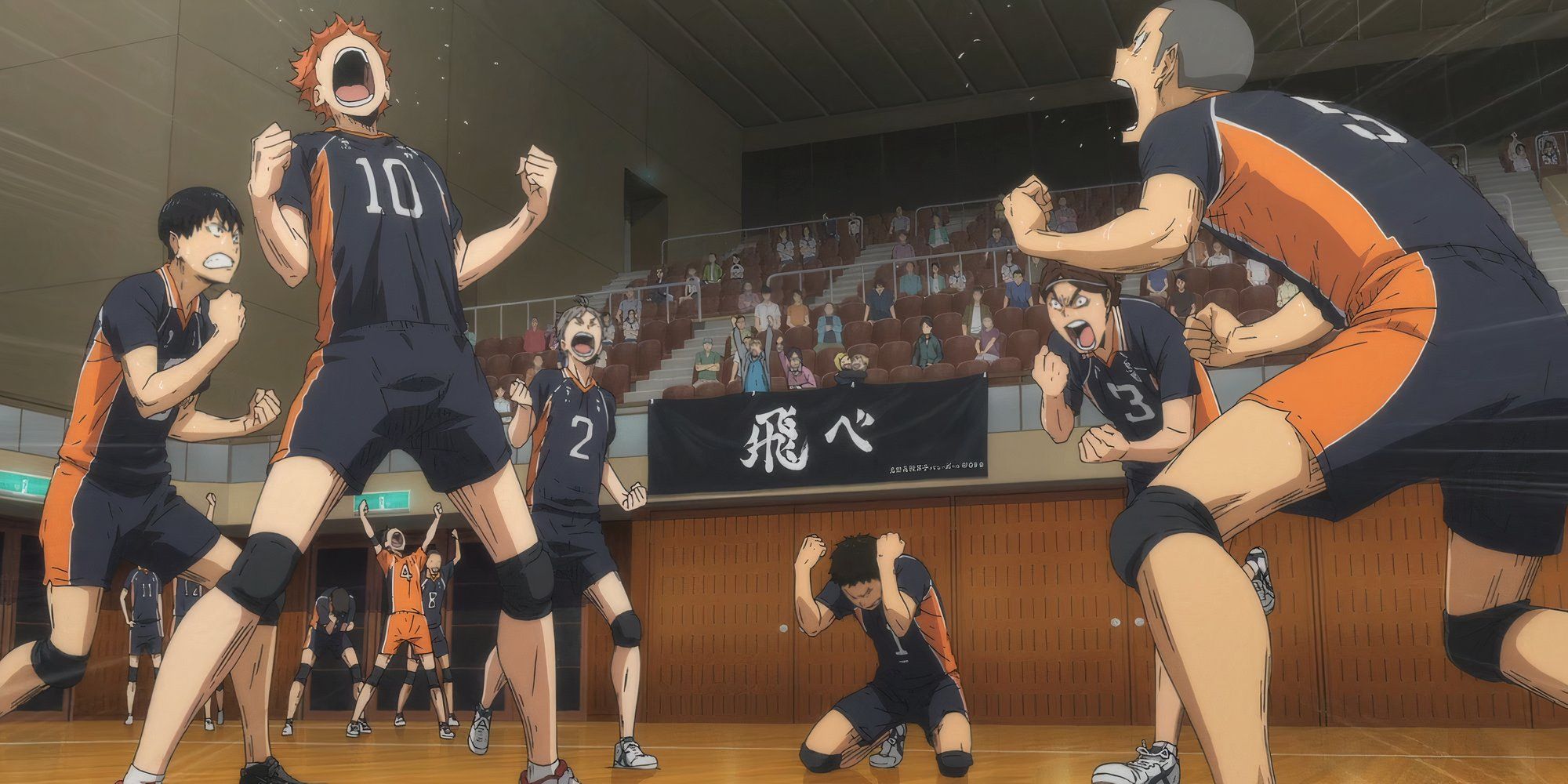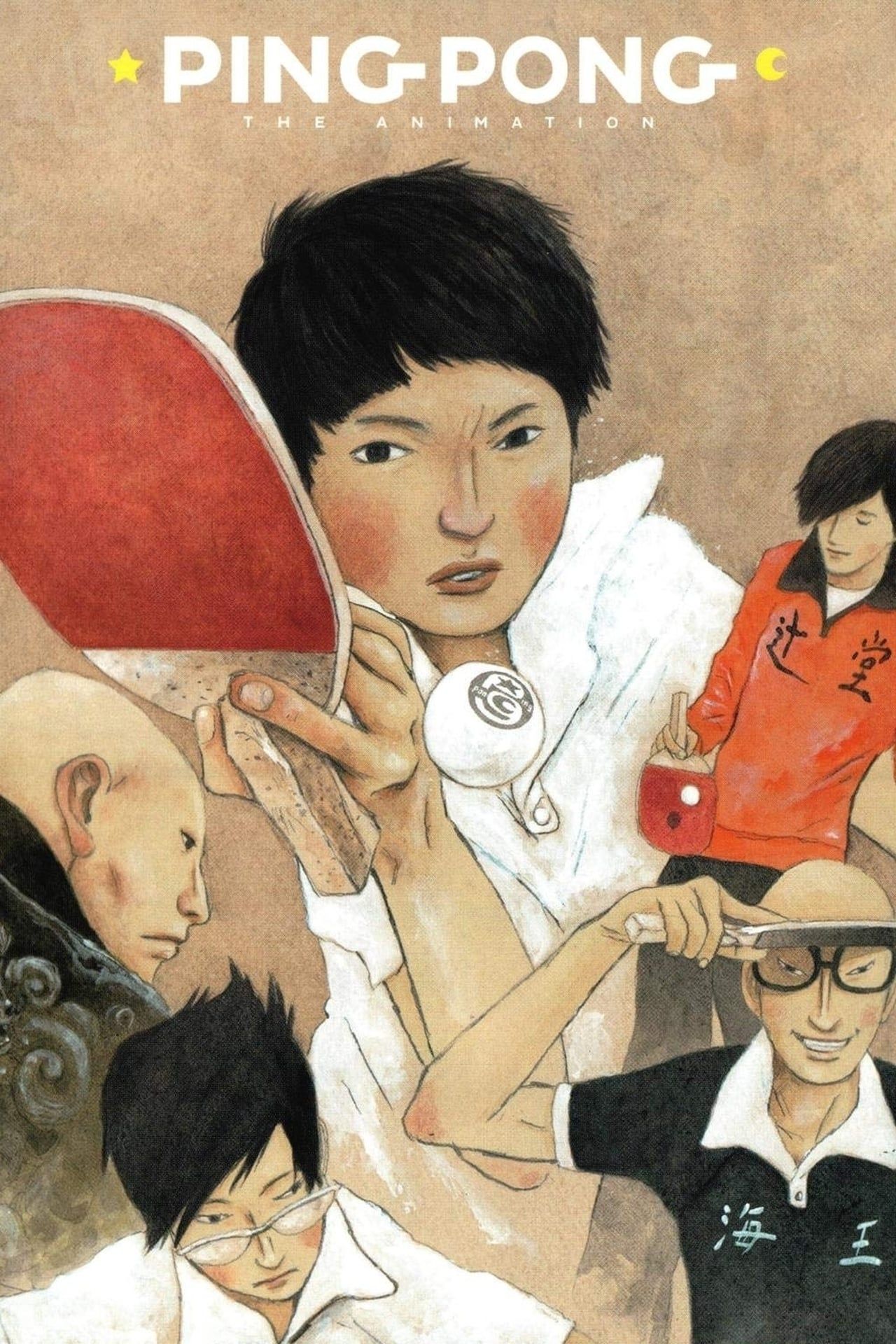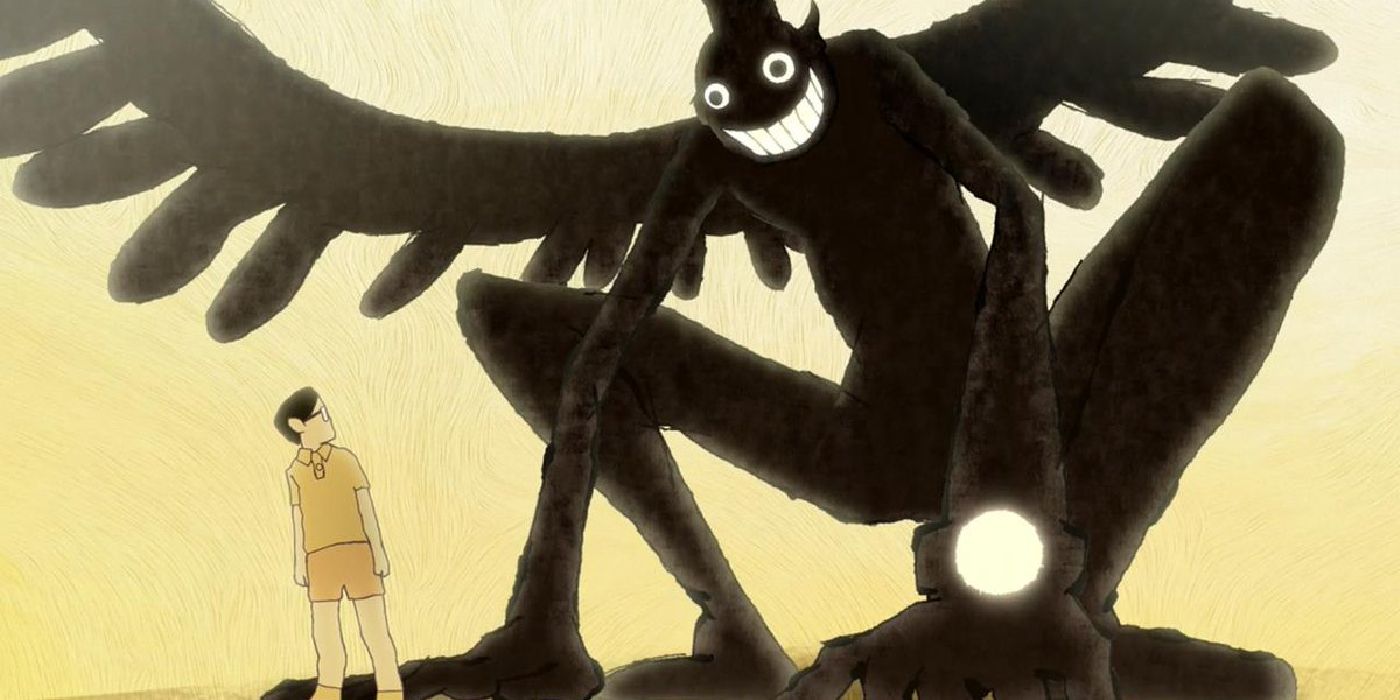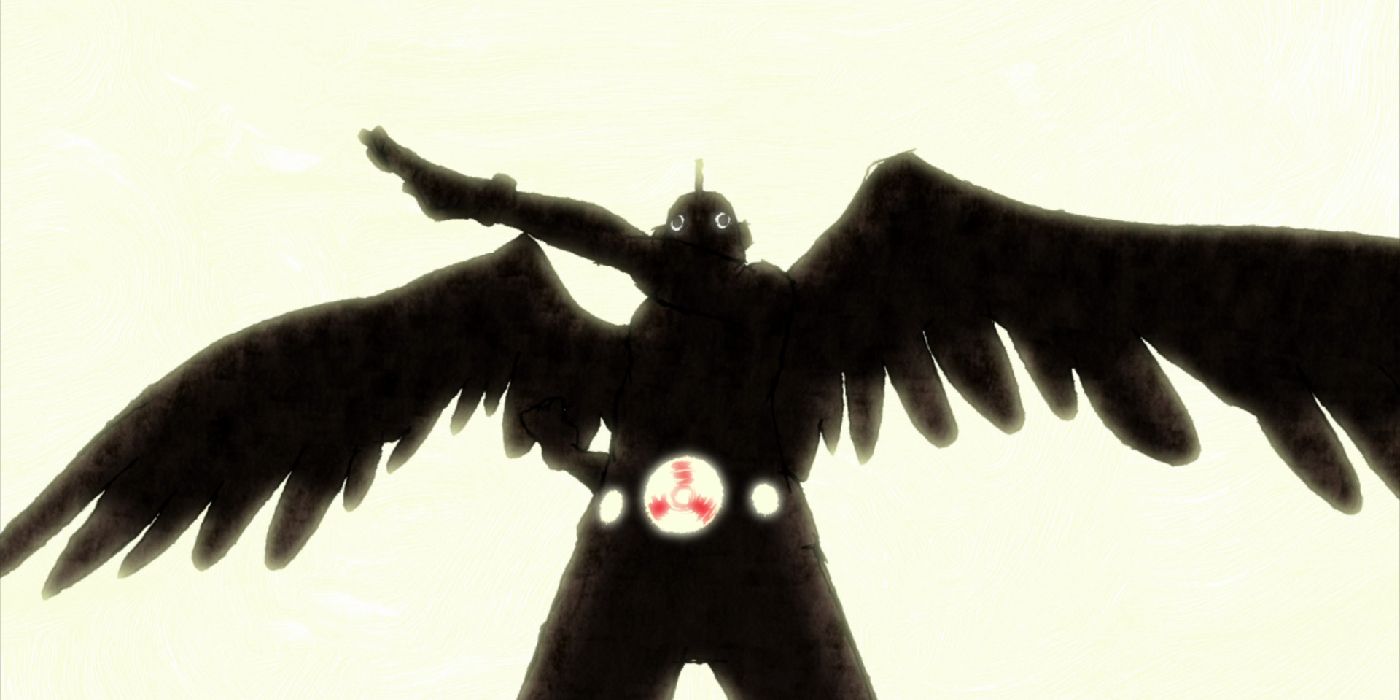
Top Sports Anime: Why Haikyu!! Reigns Supreme Over 2014 Releases
To claim that Haikyu!! is merely popular would be an understatement of epic proportions. The adaptation produced by Production I.G. of Haruichi Furudate’s groundbreaking shonen manga has garnered an unprecedented level of international acclaim and success, something that sports anime typically struggles to achieve beyond the borders of Japan. In fact, Haikyu!! has become so influential that it has sparked a significant increase in volleyball club memberships across Japan, illustrating its profound impact on popular culture. Beyond being hailed as one of the finest sports anime ever created, many fans even consider it a leading contender for the title of the best anime in general. Yet, personally, I find that another sports anime from 2014 takes the crown in my heart.
It’s important to clarify that this doesn’t mean Haikyu!! is lacking in quality or unworthy of its immense fanbase. Production I.G. has established a reputation for excellence, and their consistency shines through once again with Haikyu!!. This anime is visually stunning, populated with unforgettable characters and a captivating narrative filled with enough unexpected turns to keep the experience feeling fresh and exciting. However, despite its many original elements, Haikyu!! still adheres closely to the traditional tropes of shonen sports series. While I can appreciate its merits, it’s precisely this adherence to convention that allows another remarkable sports anime from 2014 to resonate with me on a deeper level.
Why Ping Pong the Animation Stands Out as the Best Sports Anime of 2014
Explore the Unique Animation Style and Thought-Provoking Narrative of Ping Pong the Animation
Directed by the visionary Masaaki Yuasa and based on the acclaimed manga by Tekkonkinkreet creator Taiyō Matsumoto, Ping Pong the Animation was a polarizing release when it premiered in 2014. The series follows two exceptionally talented young ping pong players, Peco and Smile, as they not only hone their skills but also face off against some of the most formidable competitors their generation has to offer. The journey is not solely about competition; the duo grapples with their own personal challenges, including a disgraced Chinese player named Kong and Japan’s top-ranked high school player, Dragon, adding layers of complexity to their rivalry and friendship.
One Piece creator Eiichiro Oda has even acknowledged the original Ping Pong manga, further emphasizing its significance in the anime community.
Masaaki Yuasa is known for his distinctive artistic style, which is evident across his body of work, though none have sparked as much debate as Ping Pong the Animation. The series faithfully captures Matsumoto’s raw and sketchy art style from the original manga, utilizing a loose animation technique that highlights movement and fluidity, effectively conveying the fast-paced action and excitement of ping pong matches. This unique approach not only showcases the sport’s dynamism but also enhances the viewer’s emotional connection to the characters and their struggles.
Despite its unconventional pacing and unique artistic choices, it might be easy for some viewers to dismiss Ping Pong as a niche offering. However, it is precisely these controversial elements that have captivated me, making it one of the few sports anime that I don’t merely enjoy but have become genuinely obsessed with. The series invites viewers to reflect on deeper themes while still delivering thrilling sports action, making it a profound viewing experience.
The Visual Mastery and Narrative Depth of Ping Pong the Animation
At first glance, the narrative arcs of Ping Pong may appear relatively standard; the tale of two prodigies who start as friends only to face challenges that turn them into rivals is a familiar trope, even beyond the world of sports anime. It’s easy to find parallels in well-known shonen series like Naruto. However, there’s a profound depth that emerges when you actually engage with the series, highlighting the difference between reading a summary and experiencing the full narrative.

Related
Every Haikyu!! Arc, Ranked
Haikyu!! is one of the best sports anime of all time and the best one about volleyball. Each of its arcs add something to the story and characters
What a simplistic description of Ping Pong’s plot fails to capture is the profound psychological exploration of young talent. Although Smile and Peco may initially appear to fit into broad character archetypes, much of the series is dedicated to deconstructing these personas before ultimately rebuilding them. Smile, who seems like an emotionless robot on the surface, harbors complex and multifaceted reasons for his emotional detachment, thereby enriching his character’s depth and relatability.
The brilliance of Ping Pong’s animation plays a pivotal role in conveying these intricate emotional layers. Yuasa’s artistry gives rise to some of the most evocative and striking anime imagery in recent memory. Ping Pong serves as a stellar example of this artistic achievement, particularly when the series visually articulates Smile and Peco’s psychological states through imaginative sequences that are breathtakingly beautiful. The scenes where Smile envisions a heroic figure coming to his rescue are especially poignant, laden with symbolism that offers viewers insight into his internal struggles.
Why Ping Pong the Animation Will Always Be My Favorite Sports Anime
Every artistic medium, no matter how avant-garde, adheres to certain formulas and conventions. The world of anime is no exception to this rule, and these established tropes often resonate deeply with audiences, myself included. Storytelling is a timeless craft, and every narrative is intricately woven from elements borrowed from prior works. While achieving true originality might be a challenging quest, it remains a noble pursuit deserving of appreciation.
Ultimately, I believe this is why Ping Pong resonates with me far more profoundly than a more traditional series like Haikyu!!. Its unique style and emphasis on the psychological complexities facing its characters create a refreshing experience that feels genuinely new. While Haikyu!! is masterfully executed and tells an exemplary sports story, it doesn’t quite push boundaries in the same way, despite its many enjoyable twists and turns.
Moreover, Ping Pong delves into themes that have lingered in my mind throughout my adult life. There is a pivotal moment in Ping Pong where a character, who has devoted their entire existence to mastering the sport, encounters a devastating defeat. Despite their dedication and hard work, they realize that such efforts may never suffice to achieve their dreams. This moment of realization strikes at the heart of the narrative, raising questions about the limits of dedication and the harsh realities of competition.
These reflections are not entirely alien to Haikyu!!, as its characters also experience significant setbacks. However, the emotionally charged visuals and introspective approach of Ping Pong provide a more profound exploration of the psychological ramifications of failure. Eiichiro Oda, the mastermind behind One Piece, once remarked that the true punishment for an adversary is not death, but the shattering of their dreams. After immersing myself in the world of Ping Pong the Animation, I am left contemplating the unsettling truth behind that statement.

Ping Pong the Animation follows the intense journey of high school friends Peco and Smile, who navigate personal and competitive challenges within the world of ping pong. Directed by Masaaki Yuasa, the series portrays their growth as athletes and individuals under the mentorship of their coach, exploring themes of friendship, defeat, and ambition.
- Release Date
- April 10, 2014
- Cast
- Koki Uchiyama, Aaron Dismuke, Micah Solusod, Alan Chow, Tyson Rinehart, Mark Stoddard, Yusaku Yara, Fukujurou Katayama, Yosei Bun, Masako Nozawa, Pam Dougherty, Marcus D. Stimac
- Character(s)
- Makoto Tsukimoto, Hoshino, Makoto Tsukimoto (English) Kong China Wenge (English), Ota, Koizumi, Jou Butterfly Joe Koizumi, Yutaka Peco Hoshino, Kon China Wenga, Obaba Tamura, Tamura, Kazama




